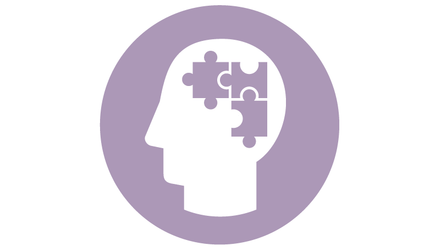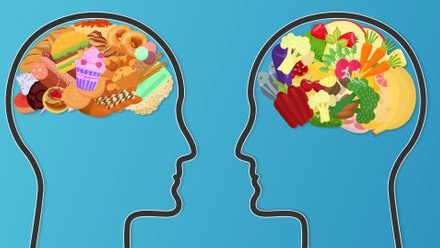Beena Patel writes about her experience as a newly qualified dietitian working within the mental health setting.
Q1: Why a career in mental health?
During my time at university, I was interested to find out more about the role dietitians have in different settings. Whilst doing my placement I had the opportunity to shadow a senior dietitian in a clinic who advised on ARFID (Avoidant/Restrictive Food Intake Disorder). This opened my mind to how dietetics can play a vital role within mental health.
Q2: What is a typical day at work like?
Working in mental health, I quickly learnt that there is no such thing as a ‘typical day.’ The patients that we care for have varying degrees of mental illness and so no two days are the same! The patients I provide dietetic care for include; brain injury, women’s learning disabilities, men’s mental health, Huntingdon’s disease and, more recently, the CAMHS (Child and Adolescent Mental Health services) pathway.
To ensure the most appropriate psychiatric care for patients, they are admitted onto wards according to their mental health condition. Due to this, any physical health problem can arise which requires dietetic input. Whether you are interested in diabetes or renal, or if you just do not want to specialise in a certain medical condition, working in mental health allows you to gain knowledge in all areas. This is great if you are starting your career as you might just (or not) find something you have an interest in! It’s also a great opportunity share your nutritional knowledge and use your communication skills to empower patients in multiple ways.
Our days can vary from MDT working with multiple healthcare professionals including speech and language therapists, physiotherapists, nurses and doctors to formulate patient- centred plans; to working with the chefs in the kitchens to ensure meals are balanced, nutritious and varied. We are also lucky to have a whole kitchen and small team of chefs who cater exclusively for patients with dysphagia, which is great!
Q3: What have been the biggest challenges you have faced working in mental health?
I think the first barrier working within this setting was the unknown. Not only was I a newly qualified dietitian, but also new to the population group. One major realisation was that where we work is the home of the patients we care for. This made me recognise the value of a therapeutic relationship – it is important to make patients feel at home, as very often for mental health patients, for a long period of time the ward is their home. This means that you can get to know them and make a real difference to their lives, especially in the long term.
Q4: Would you recommend a dietetic career in mental health?
Yes! As a newly qualified dietitian, working in a mental health was not at the forefront of my mind, however doing so has allowed me to understand the importance diet has on mental health. Despite previously seeing working in mental health as a more specialist role where one would require prior experience, I am supported by a highly experienced team of dietitians who work alongside me. Working at St Andrew’s has enabled me to develop my communication skills, alongside gaining knowledge to help bridge the gap between mental and physical health.
Knowledge Booster
Thinking of working in mental health? There are dietetic jobs available within mental health in a variety of settings including the NHS, private sector, charities, social enterprise and many more. And remember you can apply for these at any level – newly qualified through to highly experienced!
About the author
Beena Patel is a band 5 dietitian working at St Andrew’s Healthcare, Northampton







